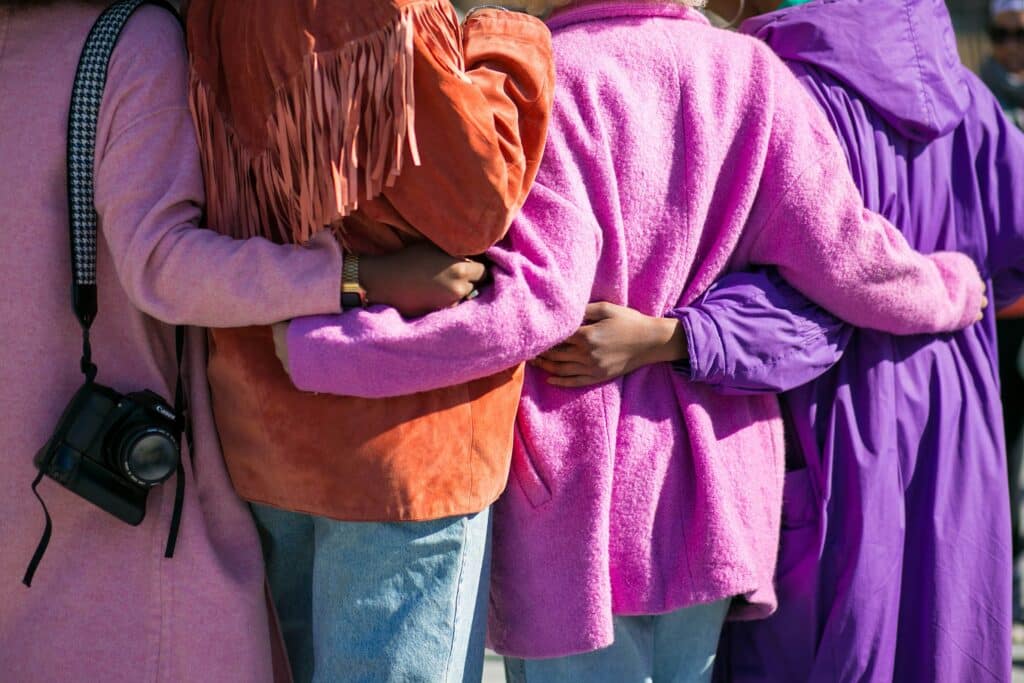The familiar hashtags and celebrations fill our feeds as the world marks yet another International Women’s Day. Yet, amidst the cheers and affirmations, a nagging question lingers: Why are we still having to celebrate International Women’s Day?
And perhaps even more poignantly: Why does gender equality continue to elude us after all these years?
Let’s peel back the layers of these uncomfortable truths and delve into the heart of the matter.
For over a century, this day has stood as a symbol of progress, a call to action, and a reminder of the ongoing struggle for gender equality. Yet, as we reflect on the state of the world in 2024, it becomes painfully clear that the fight for equality is far from over.
What is it that people are still not getting? Why, despite decades of activism, advocacy, and awareness campaigns, are we still grappling with the same issues of discrimination, bias, and inequality?
You could argue that the need for such a day is a testament to the persistence of gender disparities. From unequal pay and limited access to gender-based violence and under-representation in leadership positions, the list of challenges faced by women around the world is long and daunting.
Additionally, why does the burden of achieving gender equality still fall disproportionately on the shoulders of women themselves? Why are women expected to lean in, break glass ceilings, and shatter stereotypes while the systems that perpetuate inequality remain essentially unchanged? From corporate boardrooms to political chambers, the representation of women remains glaringly inadequate.
The matter of representation is a sticking point for us. Why do businesses feel that women can’t make the big decisions? As a small business ourselves, four out of five of our directors are women, but it wasn’t always this way – if we can do it, why can’t others?
Sex discrimination legislation has been around for nearly 50 years in the UK and almost 10 years in Jersey, so why is there still a gender pay gap?
Is it really that women have had time out to raise a family? Is it really that they don’t shout about themselves and aren’t able to promote themselves as well as men? Anyone can take parental leave now, with legislation backing that up. At LAW, we believe raising a family is a joint responsibility, regardless of gender.
Yet International Women’s Day is not just about acknowledging these struggles but also celebrating women’s achievements, resilience, and contributions everywhere. So, why, in 2024, do we still have to set aside a day to remind the world of the value and importance of women’s voices and experiences?
Perhaps the answer lies in the uncomfortable truth that gender equality remains an elusive goal, a distant dream rather than a tangible reality. Despite progress in some areas, the root causes of inequality persist, embedded in social norms, cultural practices, and institutional biases.
The urgency of achieving gender equality cannot be overstated. However, it seems some still fail to grasp the issue’s magnitude. Gender disparities harm everyone and impede the progress and prosperity of entire societies.
Is it that people don’t understand that gender equality is not just a women’s issue but a fundamental human rights issue? It’s about creating a world where everyone, regardless of gender, can thrive and reach their full potential.
If it’s that simple, why do we still not have gender equality in 2024?
This question cuts to the core of the matter. In a world where we have made incredible advancements in technology, science, and innovation, why do we still struggle to achieve something as basic as equality between genders?
The reasons are complicated and multifaceted – entrenched patriarchal systems, lack of access to resources and opportunities, and deeply ingrained cultural attitudes.
But perhaps the most critical question we must ask ourselves is: What are we doing about it? Are we content to mark International Women’s Day with symbolic gestures, or are we committed to taking real, tangible action to create a more equitable world?
Let’s not shy away from these uncomfortable questions as we celebrate this day and all the fantastic women in our lives.
It’s time to hold ourselves and our organisations accountable and strive for a world where International Women’s Day is not a reminder of unfinished business but a celebration of true equality.







